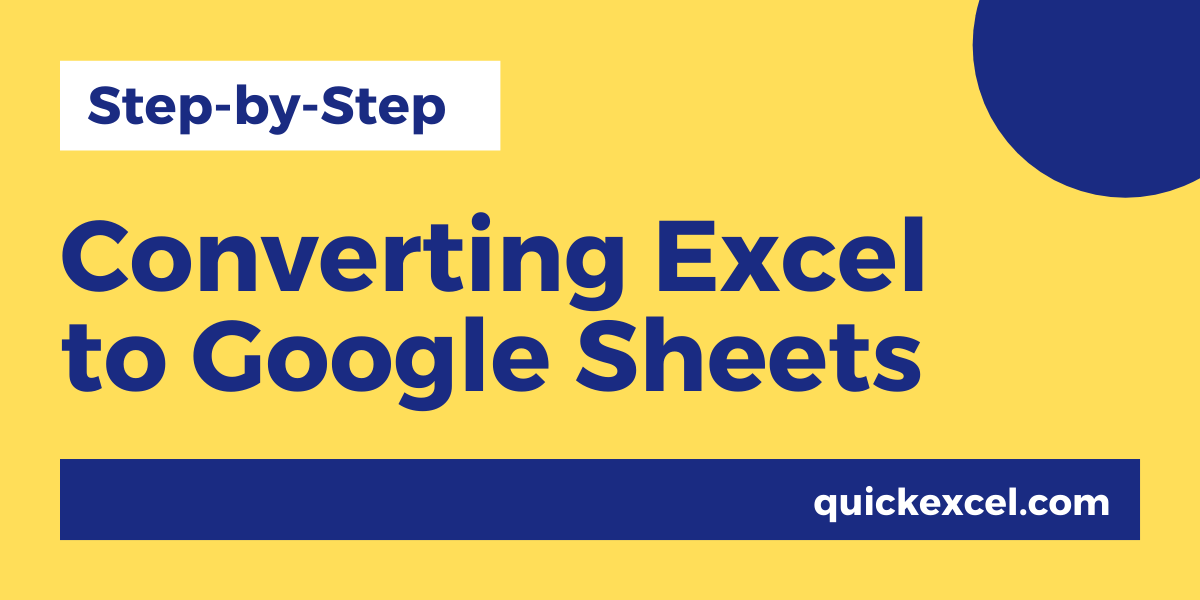5 Ways to Transfer Google Sheets to Excel Seamlessly

Moving data from Google Sheets to Microsoft Excel can be essential for various reasons, such as needing to work with data offline, collaborating with teams that prefer Excel, or using specific Excel functions that are not available in Google Sheets. Below are five effective ways to transfer your Google Sheets data to Excel format seamlessly.
1. Direct Download as Excel File

- Open the Google Sheets document you wish to convert.
- Click on File in the menu.
- Select Download, then choose Microsoft Excel (.xlsx).
💡 Note: This method will preserve most of the formatting but might not perfectly mimic all Google Sheets functionalities or complex formulas.
2. Using Google Drive Web Interface

- From Google Drive, find and select your Google Sheets file.
- Right-click or use the three dots next to the file name for options.
- Select Download and choose Microsoft Excel.
3. Importing via Excel

- Open Microsoft Excel on your computer.
- Go to Data > Get External Data > From Web.
- Enter the shareable link of your Google Sheets file and import.
- Choose the range of cells you wish to import.
| Step | Description |
|---|---|
| 1 | Select 'From Web' in Excel. |
| 2 | Enter the URL of your Google Sheet. |
| 3 | Select the data to import. |

💡 Note: Excel may prompt for authentication if the sheet is private.
4. Using Google Apps Script

- Open your Google Sheet.
- Go to Tools > Script editor.
- Insert the following script:
function exportToExcel() { var sheet = SpreadsheetApp.getActiveSpreadsheet().getActiveSheet(); var url = "URL of the sheet"; var ssId = url.match(/spreadsheets\/d\/(.*)\/edit/)[1]; var request = { "method": "GET", "headers": {"Authorization": "Bearer " + ScriptApp.getOAuthToken()} }; var response = UrlFetchApp.fetch("https://docs.google.com/spreadsheets/d/"+ ssId +"/export?format=xlsx", request); var file = DriveApp.createFile(response.getBlob()); file.setName("ExportedExcel_" + (new Date().toISOString())); } - Save the script and run
exportToExcel.
5. Third-Party Add-ons and Services

- Search for add-ons like “Save as Excel” or use services like Zapier or IFTTT.
- Set up an automation to convert Google Sheets to Excel upon certain triggers.
Choosing the right method depends on your needs for frequency, automation, and maintaining the original formatting and functions. Here are some final thoughts to consider:
- Direct Download and Google Drive methods are quick for one-time or occasional use.
- Importing via Excel offers more control over what data you import but might require setup for recurring tasks.
- Google Apps Script allows for custom solutions, perfect for automating repetitive tasks.
- Third-Party Services can be time-savers but might come at a cost or require subscription.
To conclude, whether you're looking to perform a one-time transfer or need to set up a regular process, there are various methods to move your data from Google Sheets to Excel. Each has its advantages, ensuring that your work flow can remain efficient, regardless of the platform you ultimately prefer.
Can I maintain all formulas when converting Google Sheets to Excel?

+
Most basic formulas and functions translate well, but complex scripts or Google Sheets-specific functions might not work in Excel. You may need to manually adjust these for compatibility.
How do I ensure my Excel file stays updated with Google Sheets?

+
Using Google Apps Script or third-party services can automate updates, but manual re-importing is often necessary for complex or frequently changing data.
What if my Google Sheets file is too large to download?

+
For large files, consider downloading in smaller parts or using the import method in Excel where you can select specific data ranges to import.



